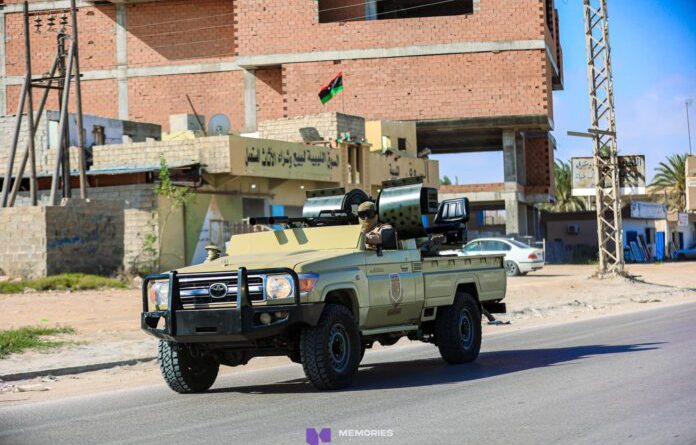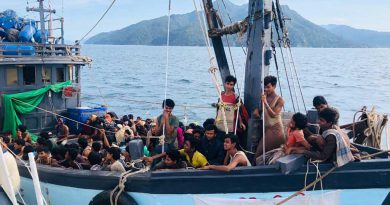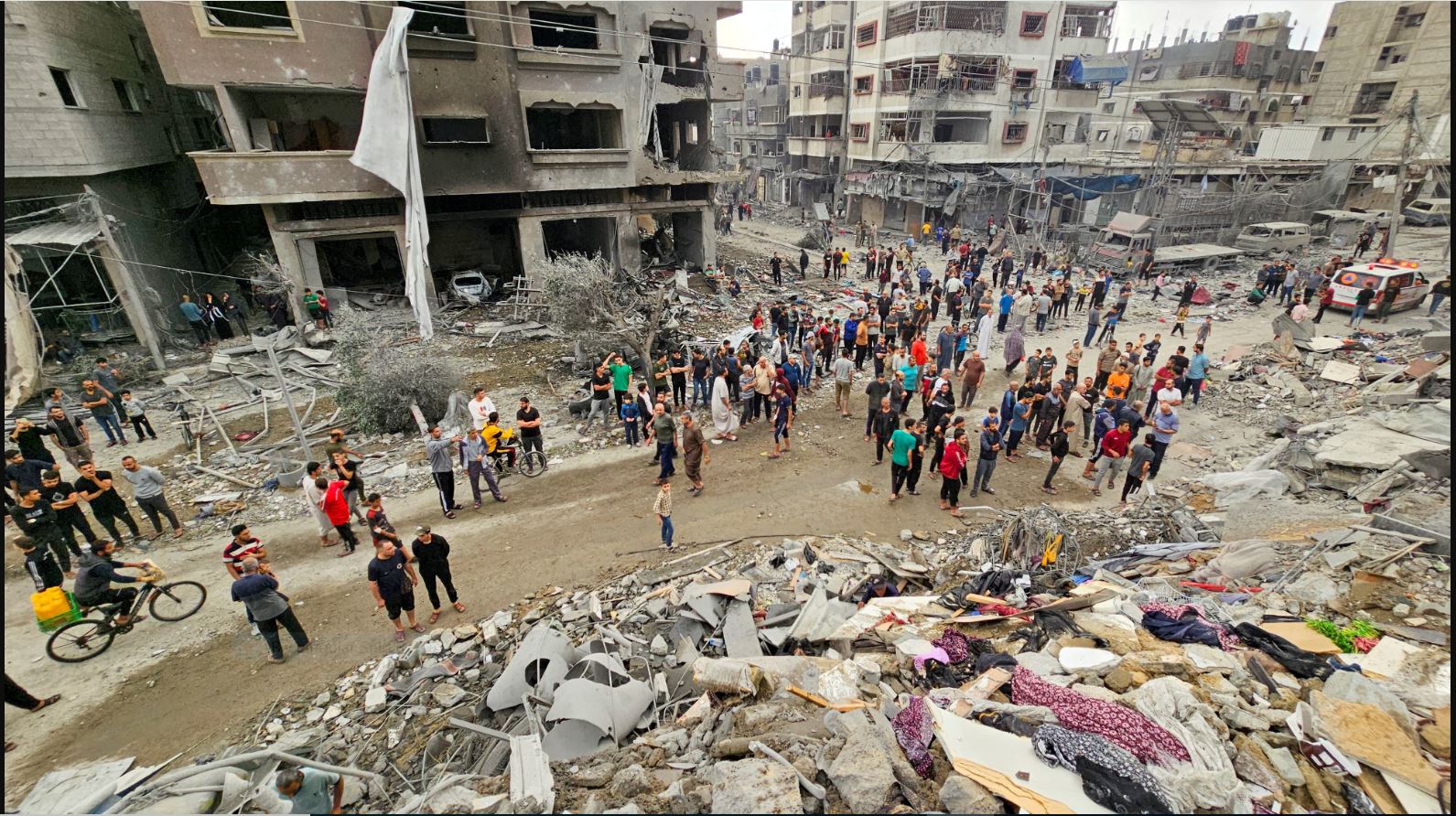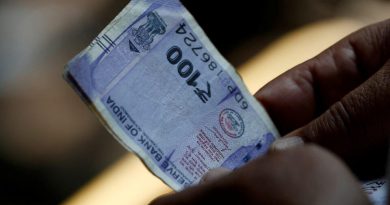One of Libya’s rival prime ministers warns militias against further clashes after 45 die
Cairo (AP) — One of Libya’s rival prime ministers warned Thursday that his government would not tolerate any further militia fighting, days after the year’s bloodiest bout of clashes rocked the capital, Tripoli, killing at least 45 people.
Violence ensued late on Monday between militiamen from the 444 brigade and its rival the Special Deterrence Force after Mahmoud Hamza, a senior commander of the brigade was held by the rival group at an airport in Tripoli, according to local media.
The warning from Abdul Hamid Dbeibah — who heads the Tripoli-based government — came as Hamza was released and returned to his militia’s headquarters, according to footage aired by Libyan media late Wednesday.
“We are used to the sound of clashes, but (coming near) civilians is forbidden,” said Dbeibah in a televised speech accompanied by tribal elders from eastern Tripoli, a district where both militias have a strong presence.
During his 45-minute speech, the Tripoli-based prime minister also threatened to introduce “other measures” against the two militia groups if the fighting escalated but provided no further detail. It remains unclear what role Dbeibah and his government had in securing Hamza’s release.
On Wednesday, The Tripoli-based Interior Ministry said it has upped the presence of security forces in the capital’s neighborhoods that witnessed the most intense fighting. It has also set up a situation room, but by Wednesday a tentative calm had returned to the city.
Malek Merset, the spokesperson for Libya’s Emergency Medicine and Support Center, told the Associated Press Wednesday that the death count had risen to 45, up from 27 on Tuesday, while an additional 146 people were injured. It was not clear how many of the dead were civilians.
The violence has underlined the fragility of conflict-ravaged Libya, which has been mired in chaos since the 2011 uprising turned civil war, that toppled longtime dictator Moammar Gadhafi, who was later killed.
Since 2014, Libya has been divided between two rival administrations — one in Tripoli and one operating in Sirte — each supported by an array of well-armed militias and different foreign governments. Various international initiatives to bridge the divide and unite the rival governments have failed.
Over that time, militia groups have grown wealthy and powerful, particularly in Tripoli and the west of the country. Many groups profit from kidnappings and involvement in the country’s lucrative human trafficking trade.
The 444 brigade and the Special Deterrence Force are two of the largest militias operating in Tripoli. Both have previously been key backers of Dbeibah, joining forces in May 2022 to thwart an attempt by a former rival prime minister from the east to the country to enter the capital.



